Caroline Hargrove, Sc’89, broke barriers in the male-dominated world of Formula One racing.
The Queen’s Engineering graduate, who also holds a PhD in Applied Mechanics from the University of Cambridge, worked at McLaren Racing in England with drivers such as seven-time world champion Lewis Hamilton. She developed the first F1 racing simulator, which is now standard technology that all racing teams use to maximize the performance of the race car.
But in 2018, after two decades at McLaren in various roles, Hargrove decided to make a switch. Working in racing was fun but she joined a company called Babylon Health because she “wanted to work on projects with a mission to make the world better.”
It was during the COVID-19 pandemic that she had time to reflect on her career, and her purpose. She decided to take her career in another direction. It was time to try and help save the world and use her skills to fight global warming.
“I was always interested (in clean technology). I took time to reflect and thought, ‘I’ve got to do something,’” says Hargrove. “I’ve got to do this now because it’s not a tomorrow problem. It’s a now problem.”
Today she is the chief technology officer at Ceres, a global leader in fuel-cell and electrochemical technology focused on creating affordable energy to help tackle global warming and reduce carbon emissions.
The work Hargrove and her team are doing will help the more than 120 countries who have committed to net-zero carbon emissions by 2050, including all G7 nations (Canada, UK, United States, Germany, Italy, France, and Japan).
Hargrove knows that lowering the world’s carbon emissions is a problem that will not be solved in the next 10 years. Yet she is optimistic and motivated because she knows the work she is doing today is moving the needle toward a greener future.
“What I am hoping is the technology we are developing will decarbonize the hard-to-decarbonize industries such as steel and cement,” she said. “That’s a tough sector where you can really have an impact. If we can decarbonize those industries significantly, that is going to be amazing.”
Hargrove returned to Queen’s in June for something she never expected – an honorary degree from her alma mater.
“I never thought this would happen. I was so touched and humbled,” Hargrove said.


